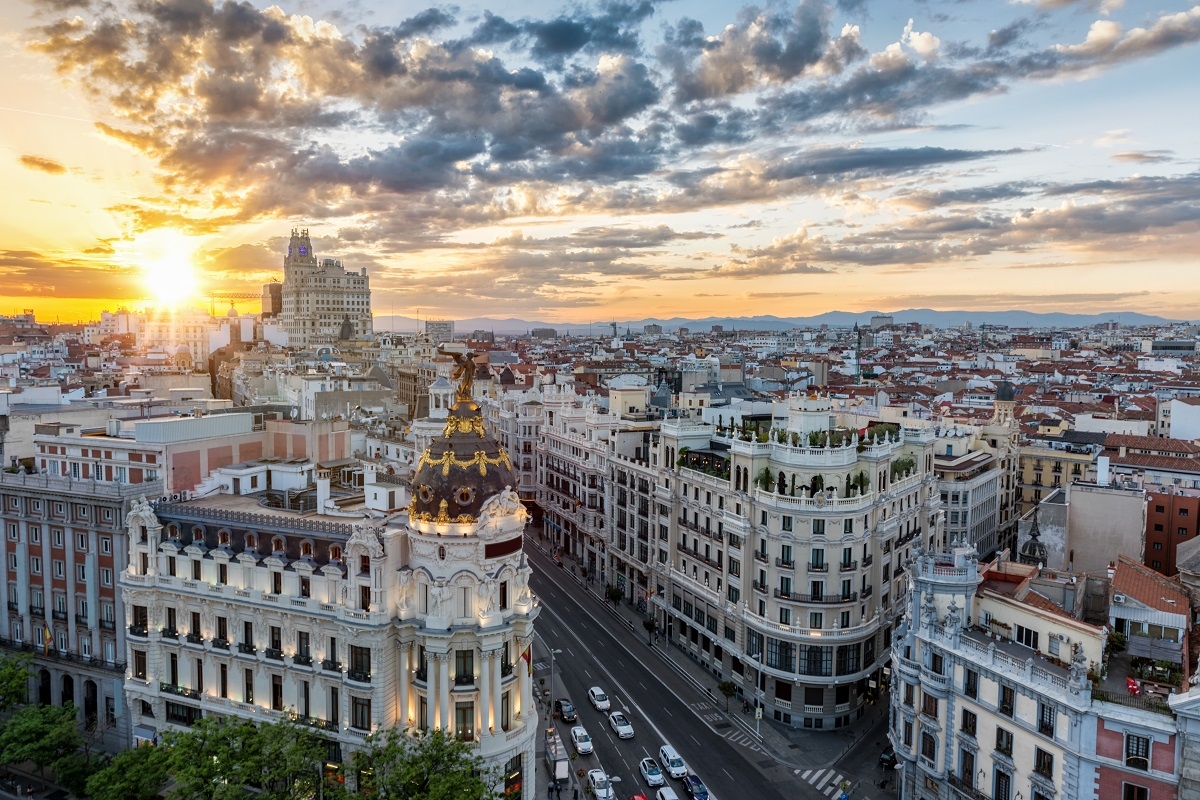

“The future of our industry is about people and their quality of life” – Ronan Vaspart on why “The future is human”
The Future is Human, the theme for MIPIM 2020, is about improving the quality of life for people in the urban environment – including those working in the real estate industry itself. It is also about inspiring the ‘talent’ in our own industry to lead us forward. Georgina Power caught up with Ronan Vaspart, Director of MIPIM, to find out more about the theme, and what is in store for MIPIM 2020.
By Georgina Power
MIPIM World Blog: Why did you choose “The Future is Human” as the MIPIM 2020 theme?
Ronan Vaspart: “The Future is Human” is about ensuring that people – humans – stay at the heart of our business at a time when huge social, technological and economic structural changes are reshaping our world.
For MIPIM 2020, we want to build on this more ‘human’ layer of the journey that we mapped out as part of our 2019 theme, Engaging the Future, which envisioned the next 30 years of the real estate industry.
The future of the urban environment and of our industry is about people and their quality of life, including their wellbeing.
The first five of the UN’s 17 Sustainable Development Goals are all about the human: No Poverty, Zero Hunger, Good Health & Wellbeing, Quality Education, Gender Equality.
At the same time, quality of life is intrinsically linked to achieving long-term economic growth and environmental sustainability. Our future is supported by three pillars of equal importance.
> Does the theme reflect the need for the real estate industry to be more diverse and inclusive?
Firstly, the broader industry of the built environment, across all sectors and disciplines, is a major employer, from surveyors and asset managers, to architects, lawyers and planners. We believe that it is in the best interests of our built environment ‘community’ to reflect the diversity of people who live, work and play in our urban communities.
We believe that it is in the best interests of our built environment ‘community’ to reflect the diversity of people who live, work and play in our urban communities.
Being socially inclusive allows the industry to embrace and engage with ‘talent’ – especially with the young leaders of the next generations. This is at a time when the search for talent, and how to inspire and retain talent, is a major preoccupation among real estate leaders.
Traditionally, the real estate industry has been perceived to be slow to change and to reflect little of the diversity of the communities where we work. With new players coming into the sector, attracted by the high value add of real estate as a service, this is changing, and MIPIM wants to be part of that change.
> To what extent is being human linked to the fact that real estate is increasingly seen as a service?
Especially as we tread water at the end of a cycle, searching for long-term growth, often in niche markets, the real estate industry is heading into new, more service-led areas.
We have seen the rise, for example, of flexible workspace, with short leases, and amenities and services ranging from yoga to tax returns to coffee served by a barista.
These areas require more expertise in operations and more ‘soft’, human skills. Real estate is no longer just about market cycles and valuations; it is evolving to become a people-centred industry.
Full article here.
For more information about MIPIM 2020: mipim.com


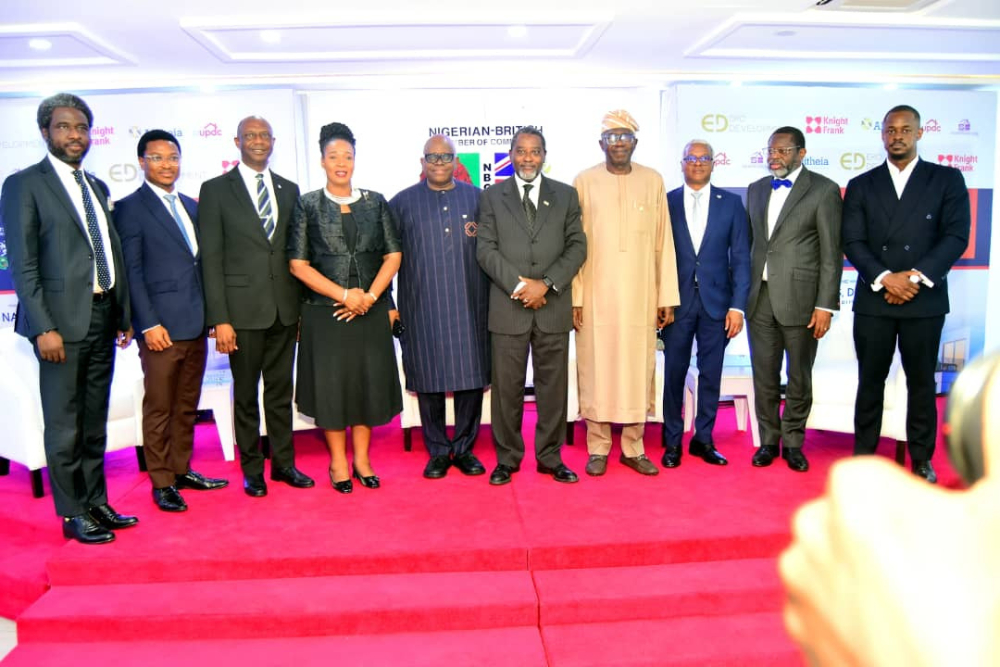
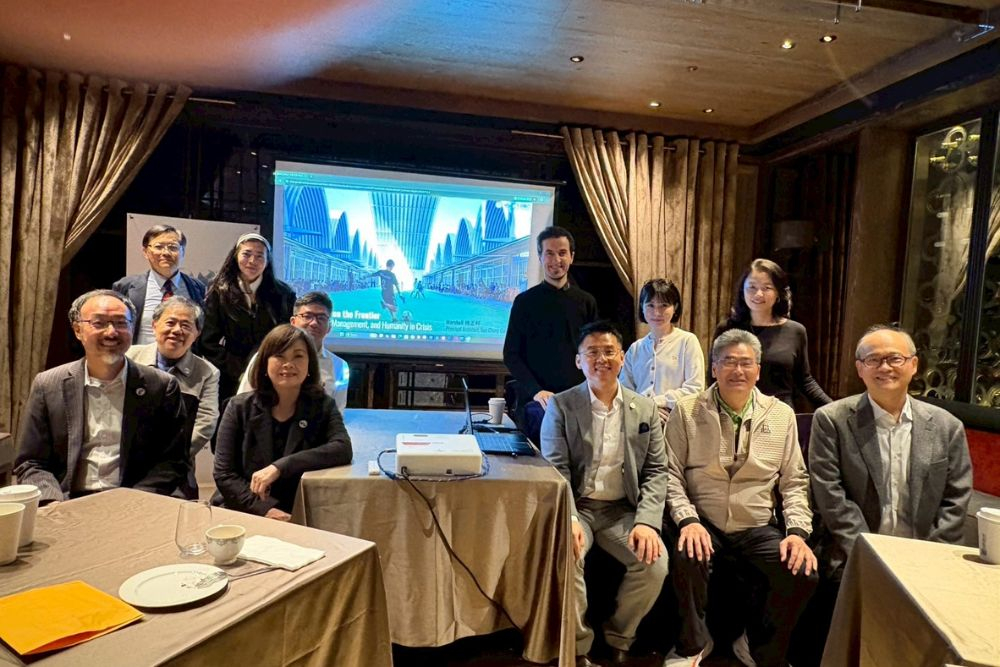
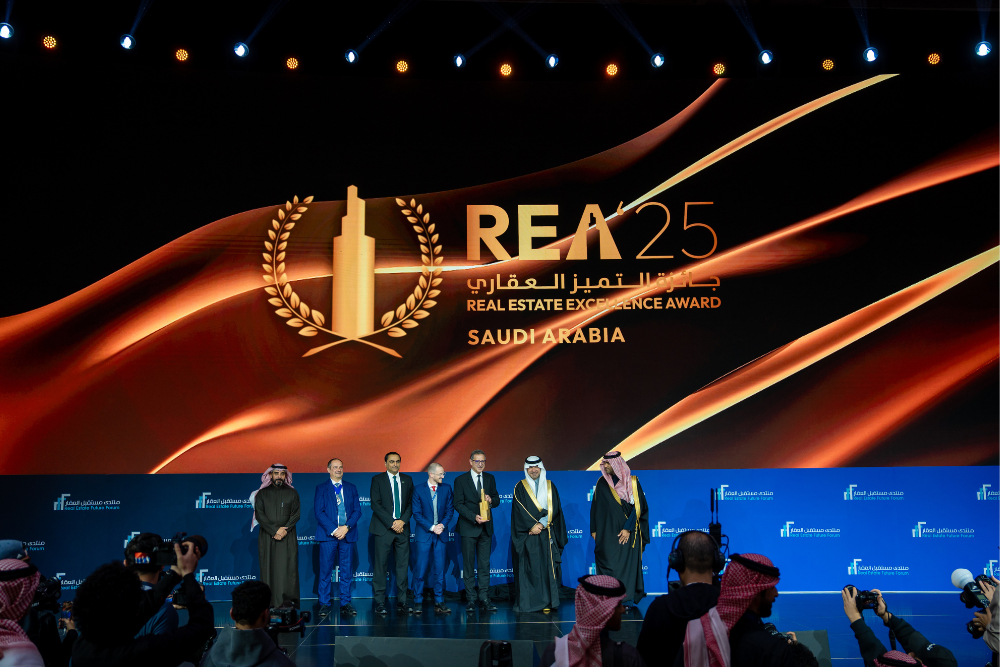
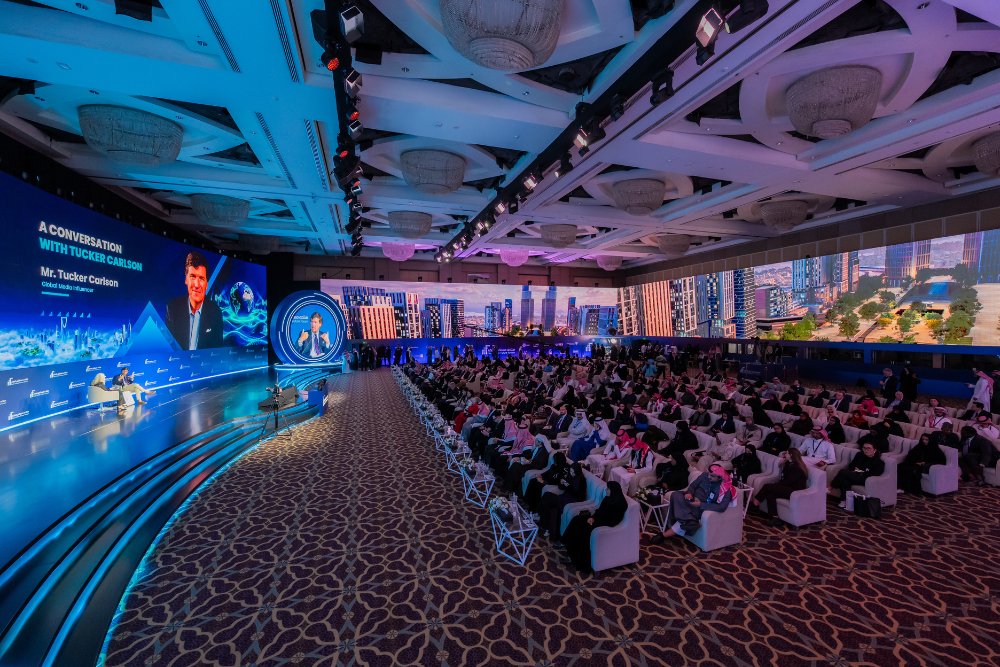
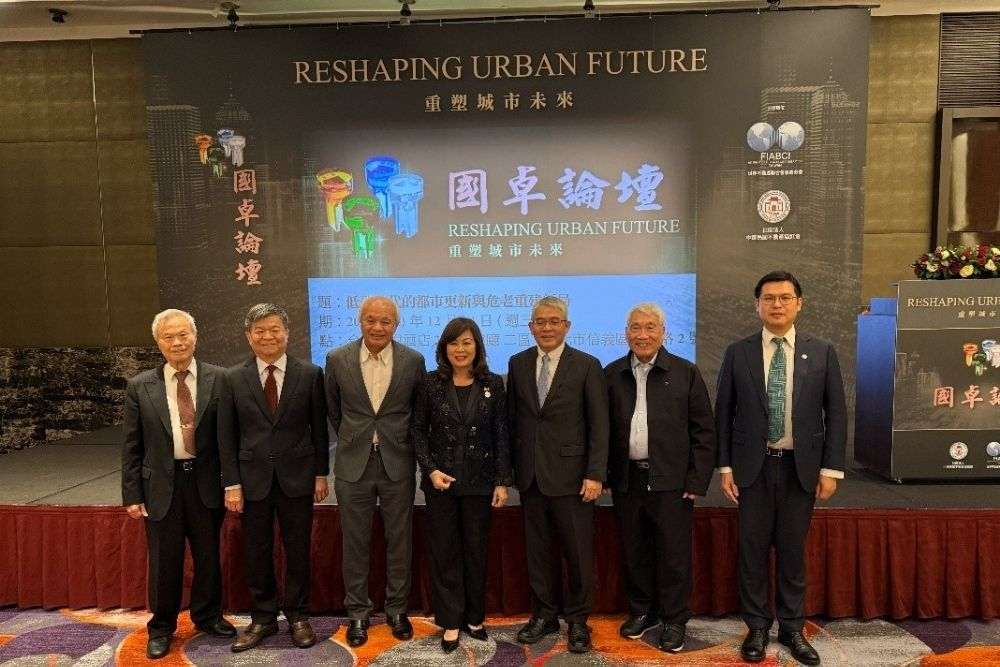
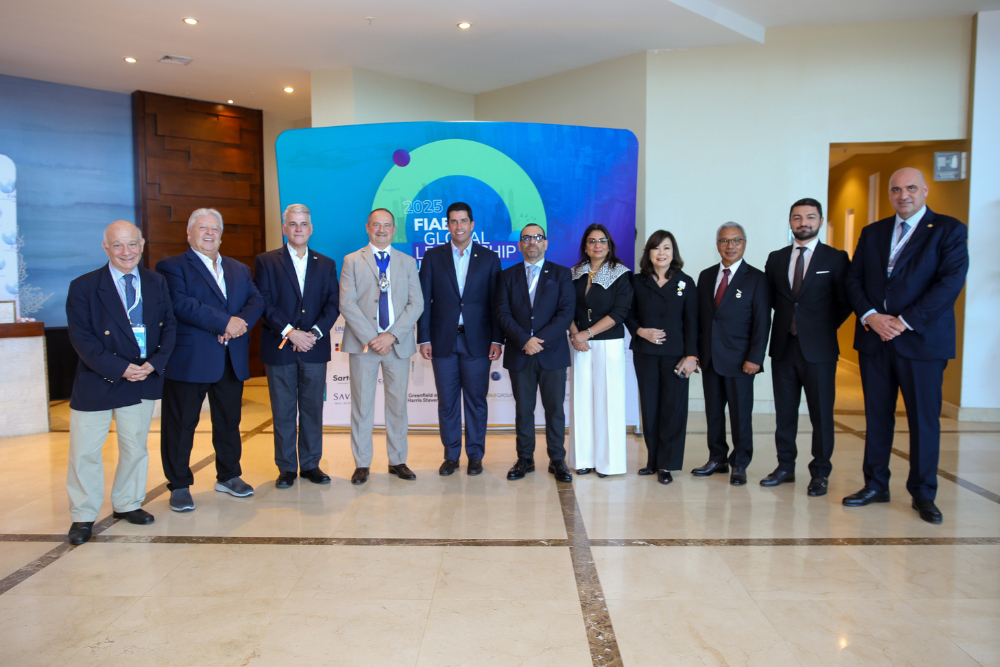
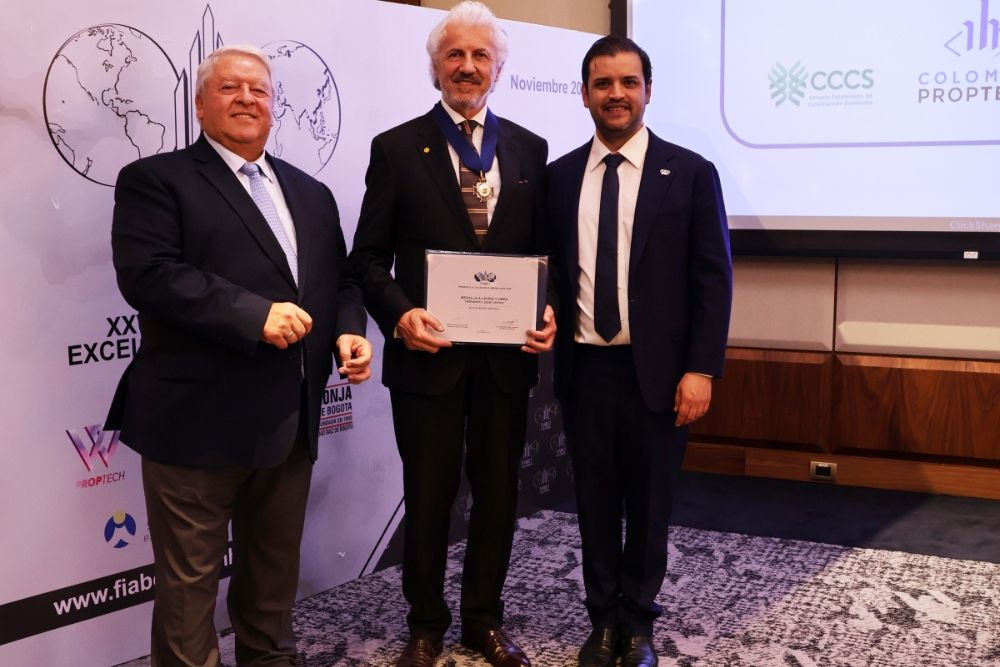
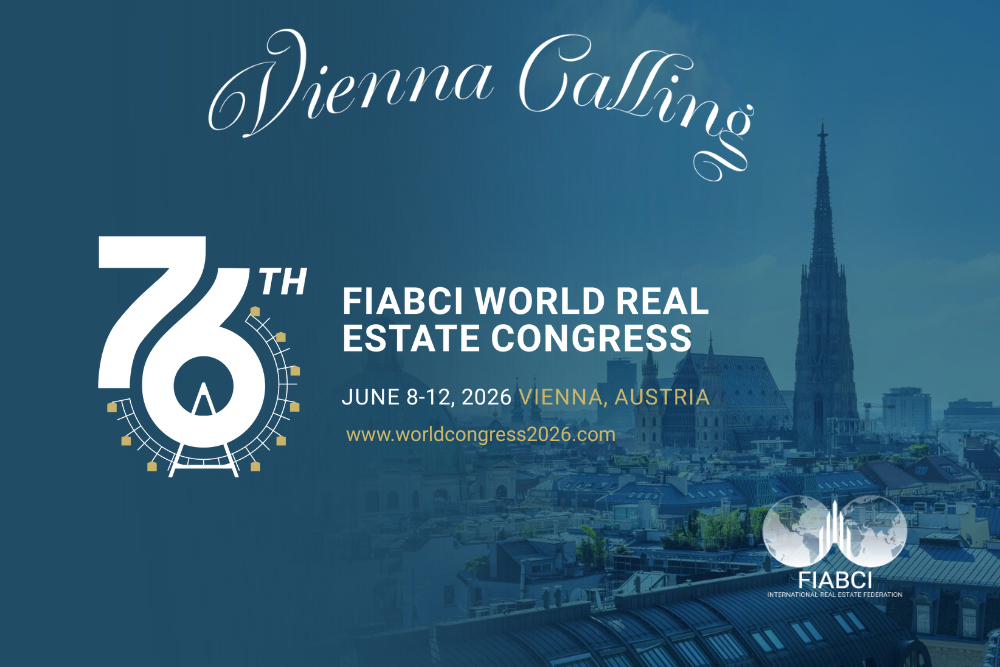
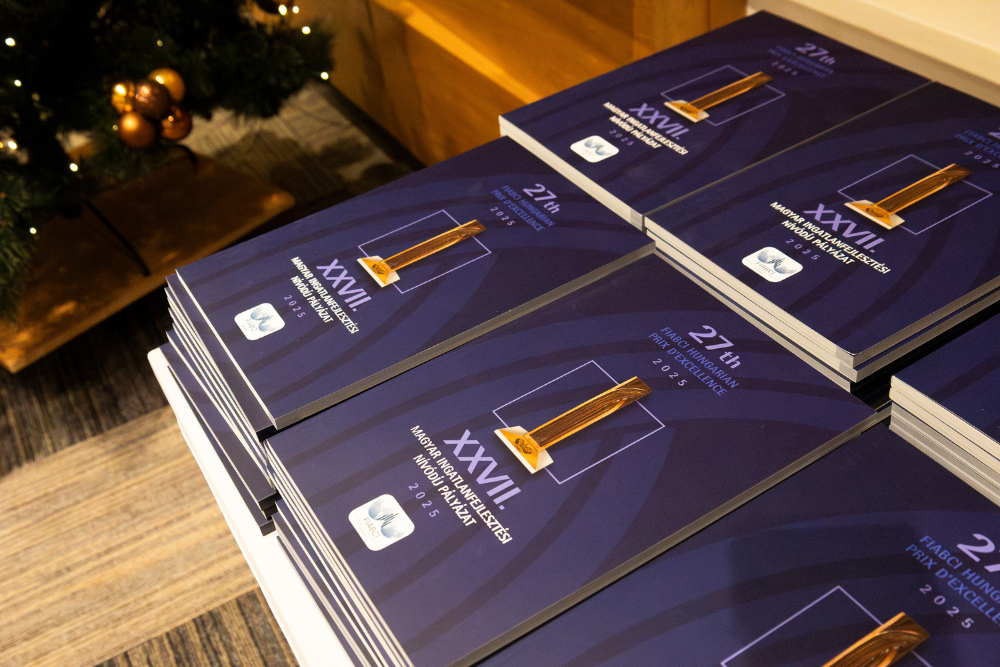
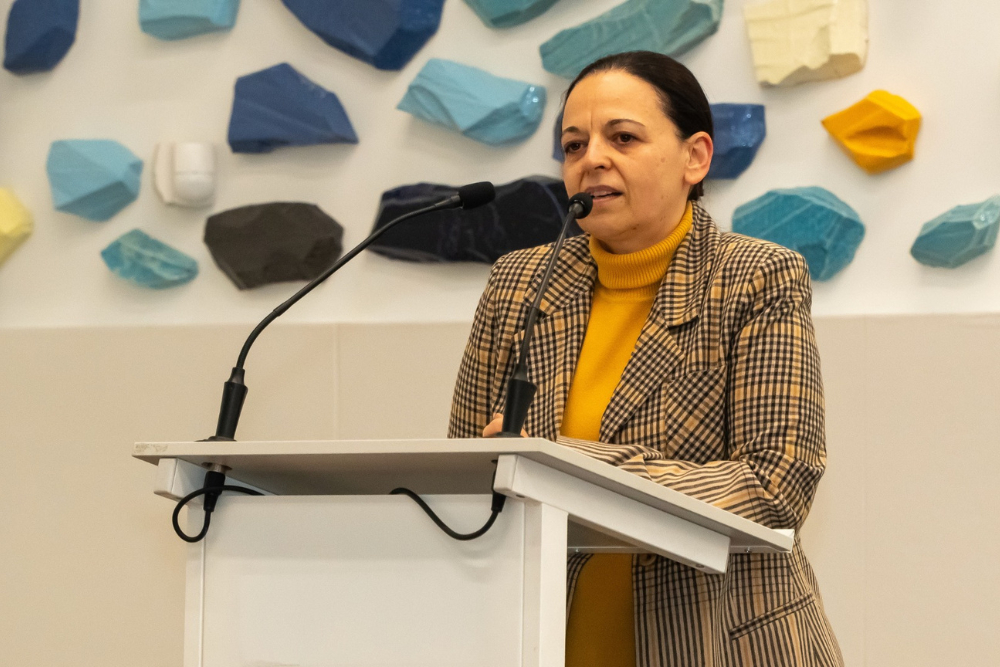
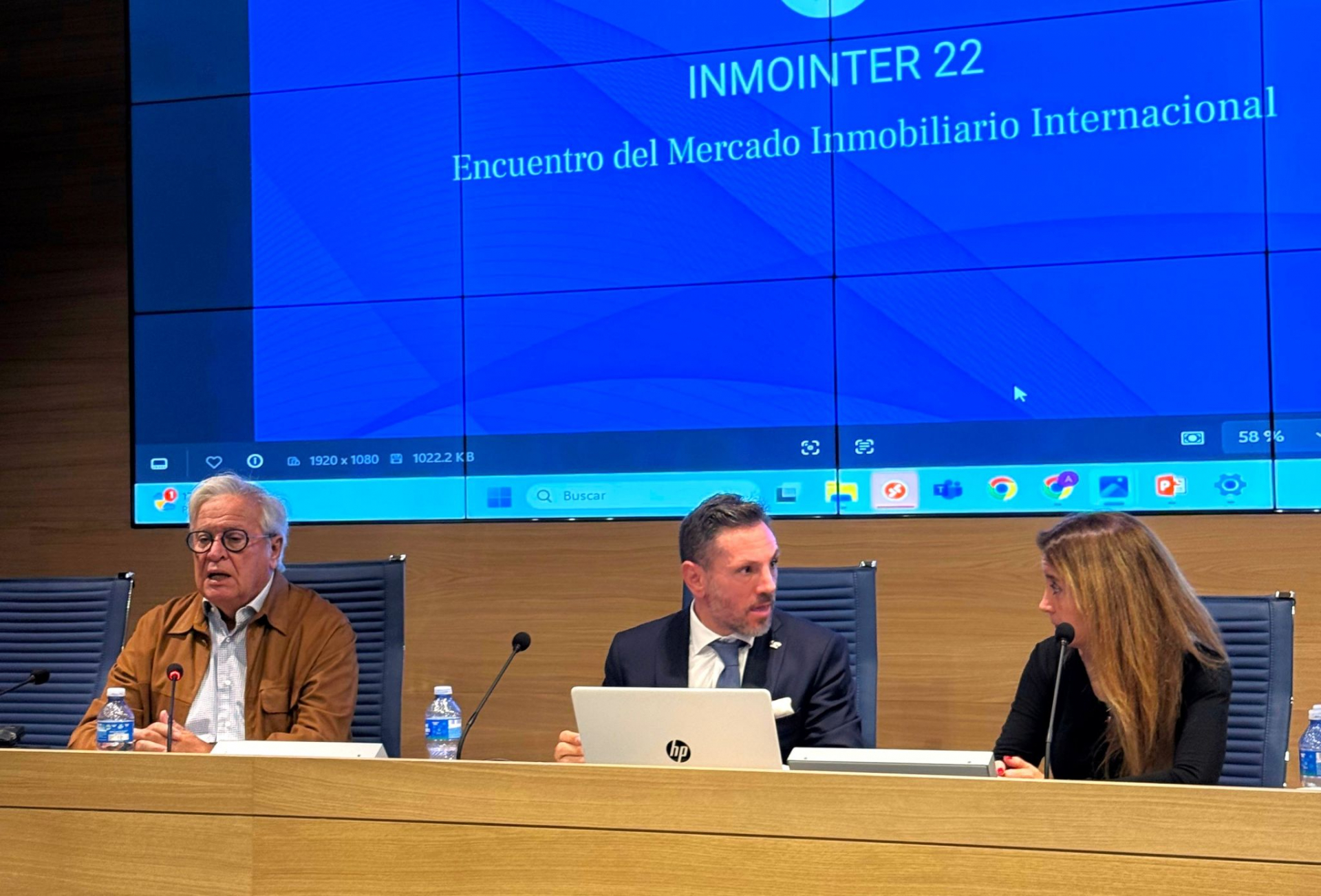
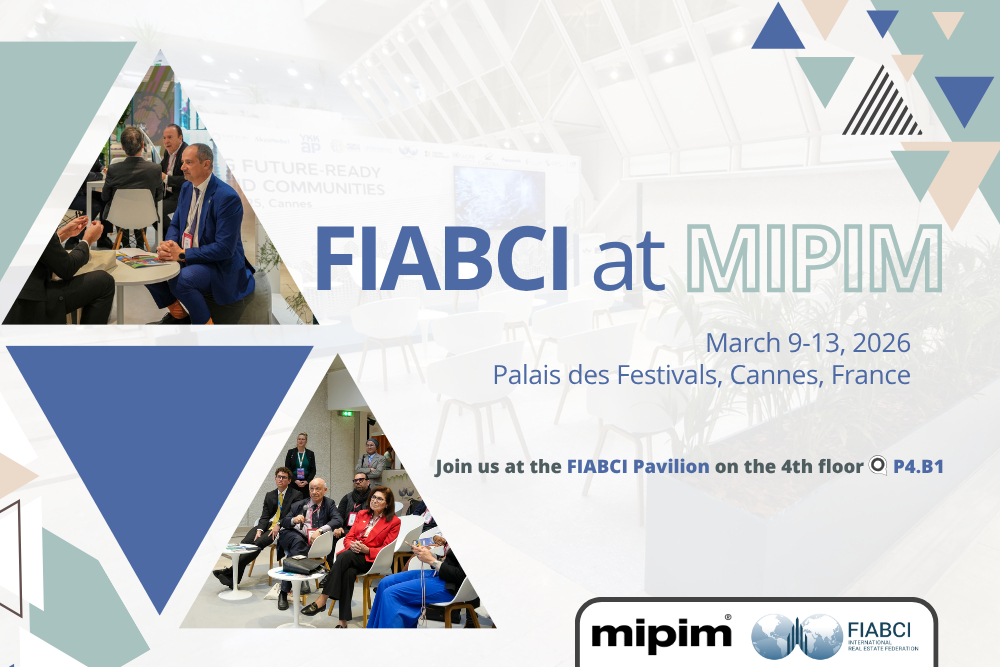
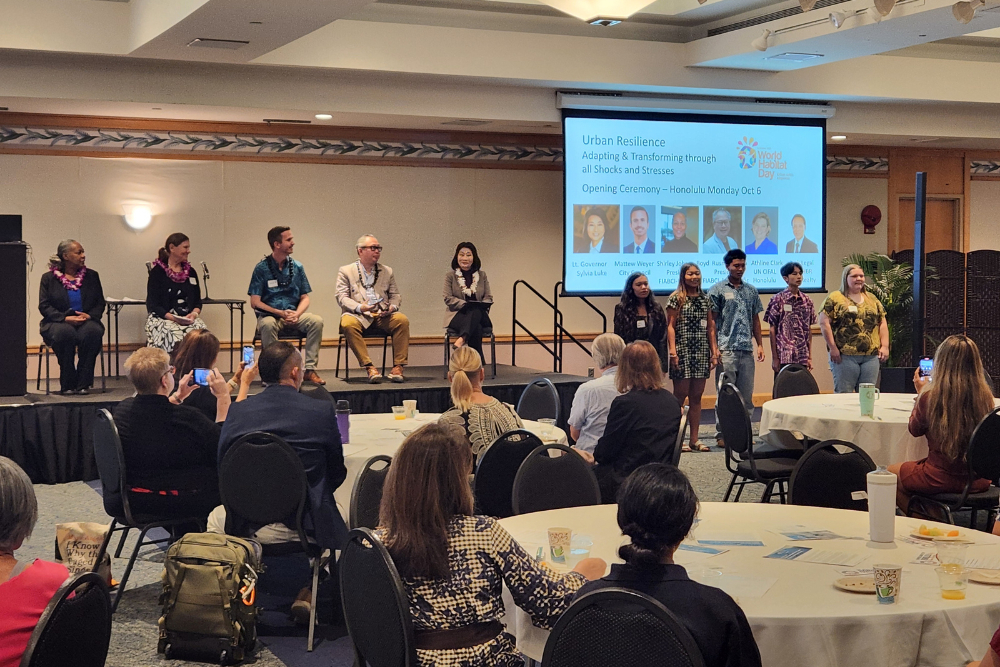
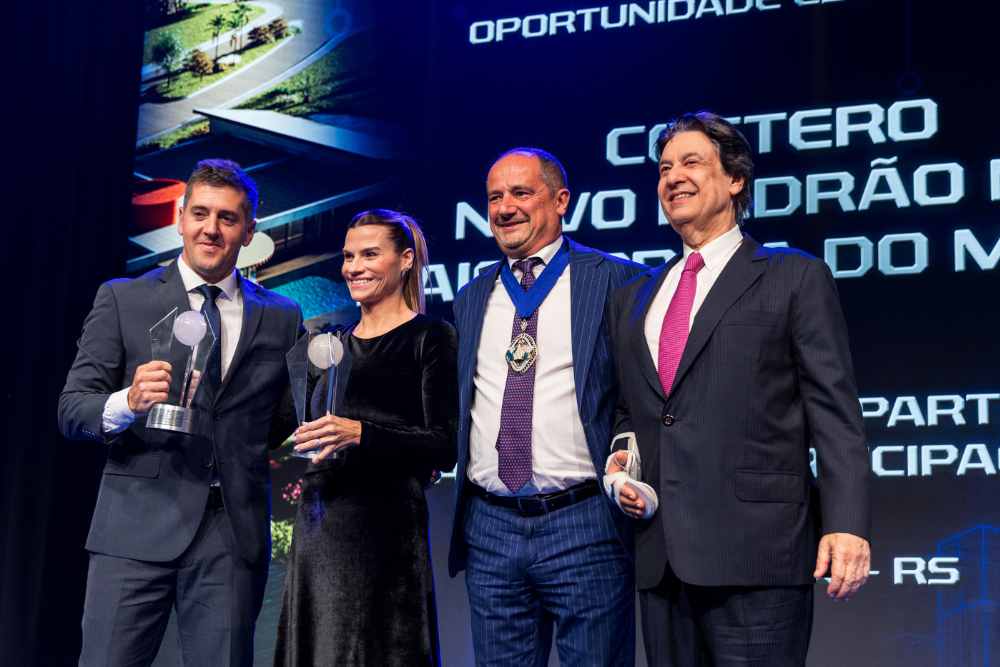
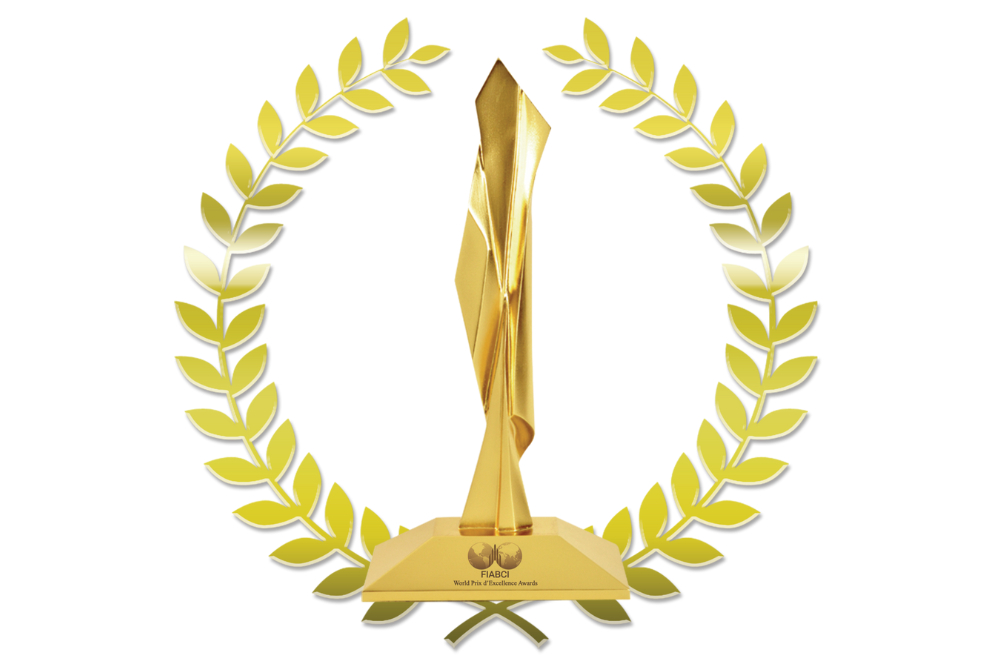
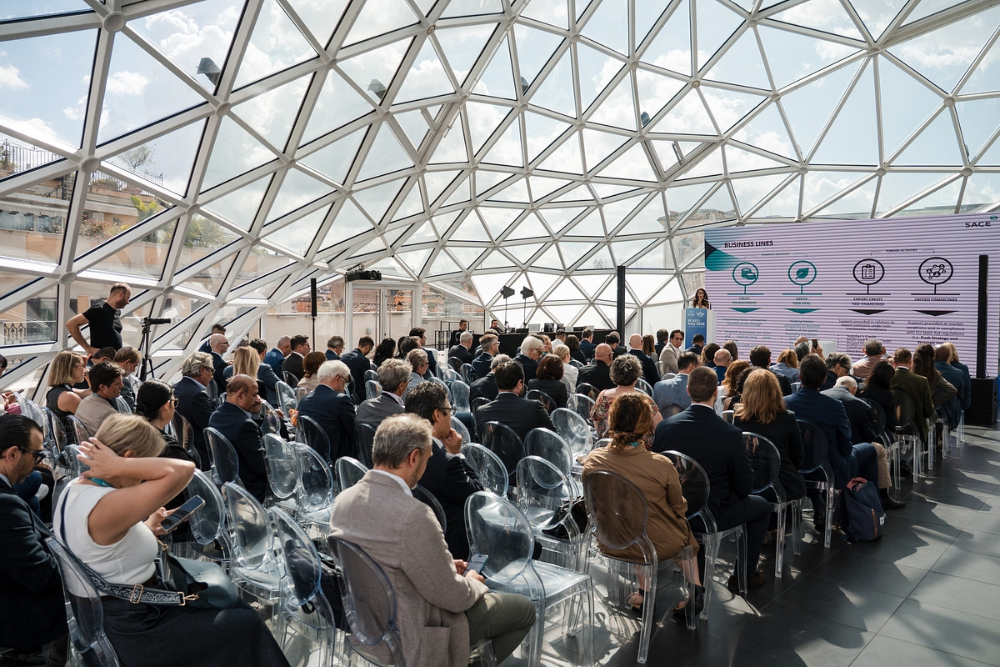
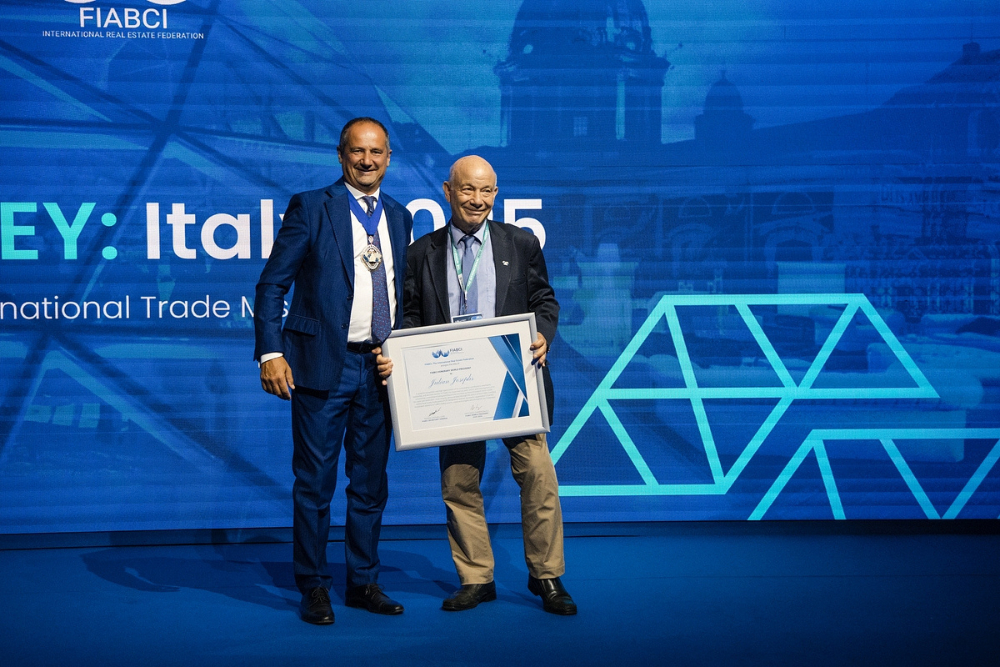
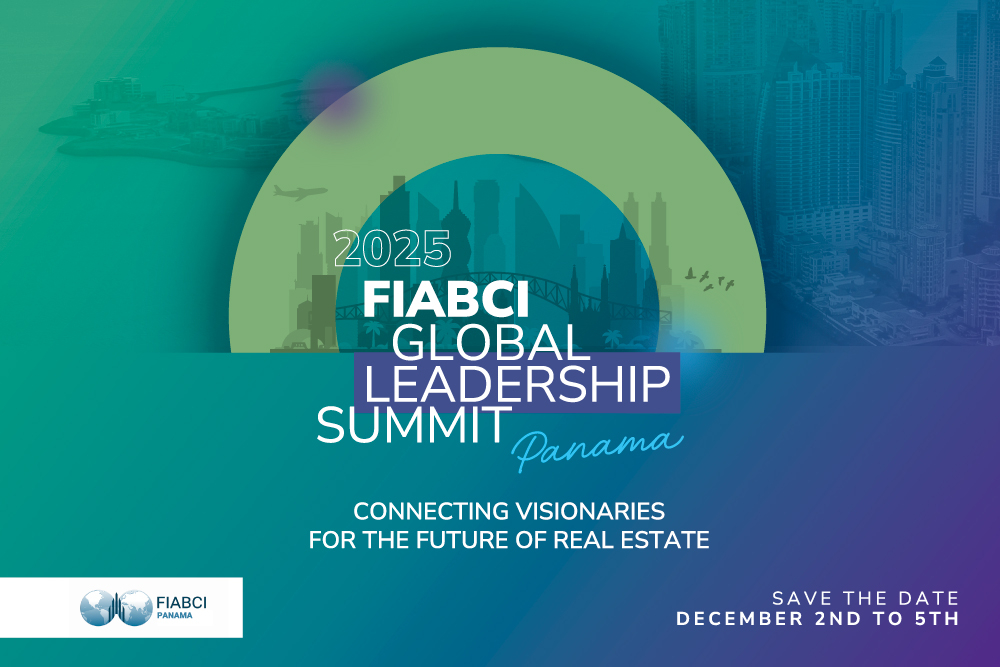


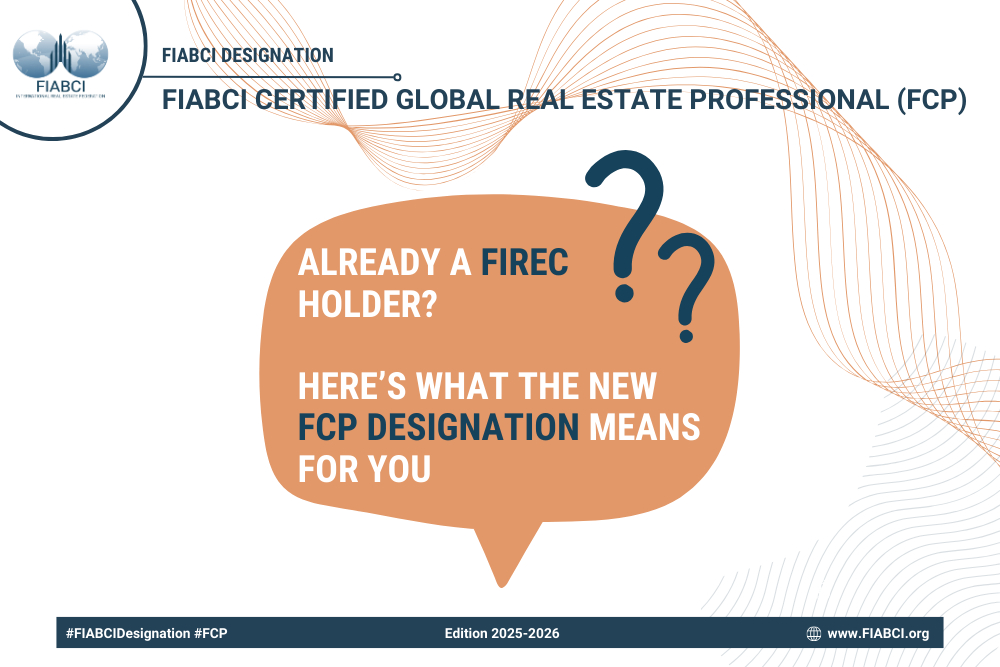
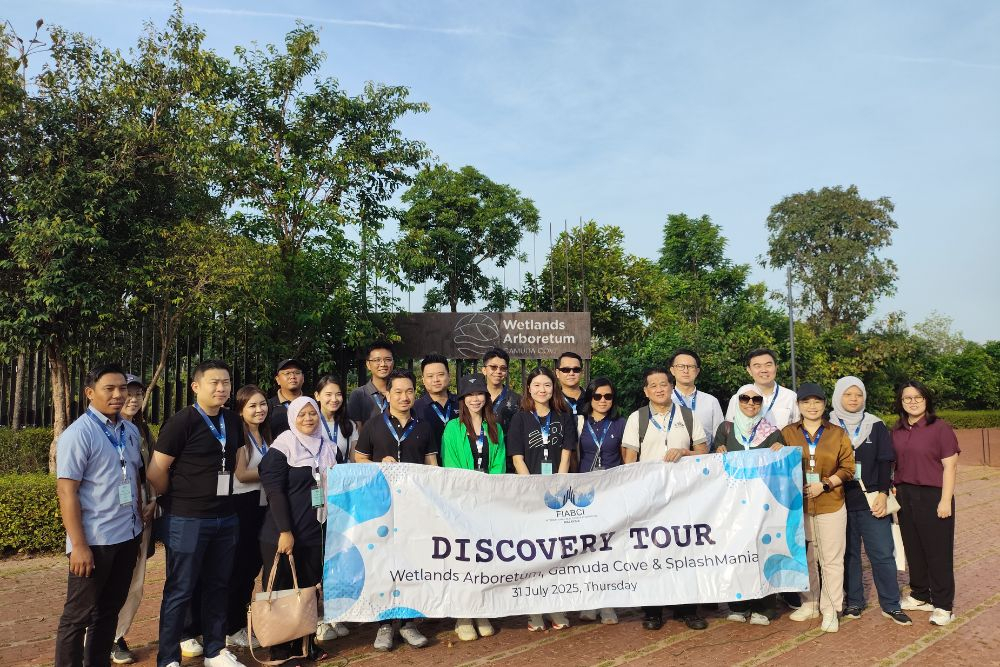
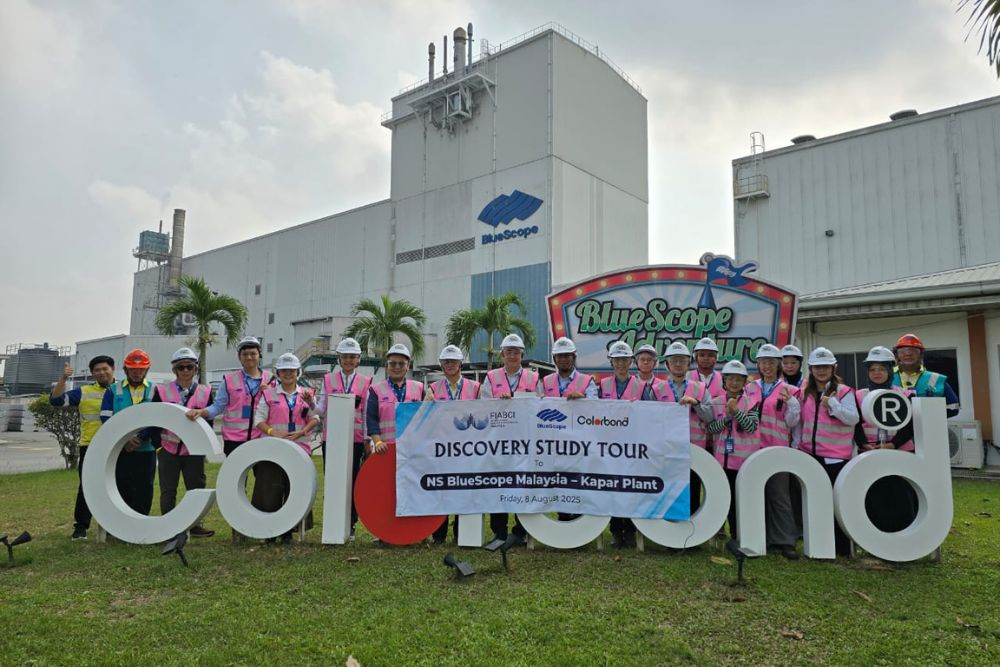





















































































































































































































































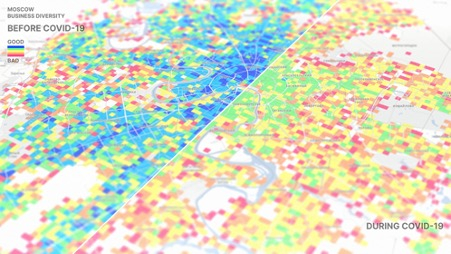





































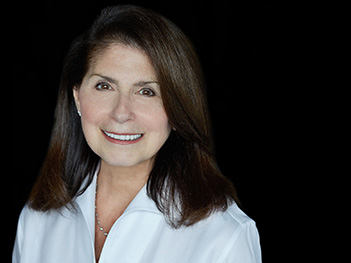



























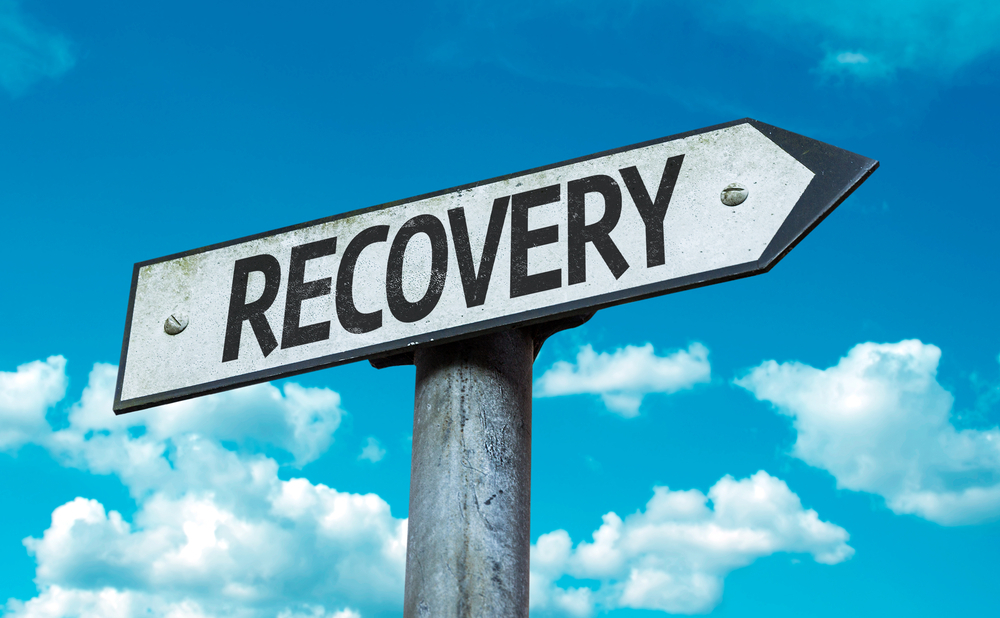










![[Webinar Summary] COVID-19: What lies ahead for the Real Estate Industry?](/uploads/news/9i1w05plq2ksbcswuyj5ze2nr.png)


















































